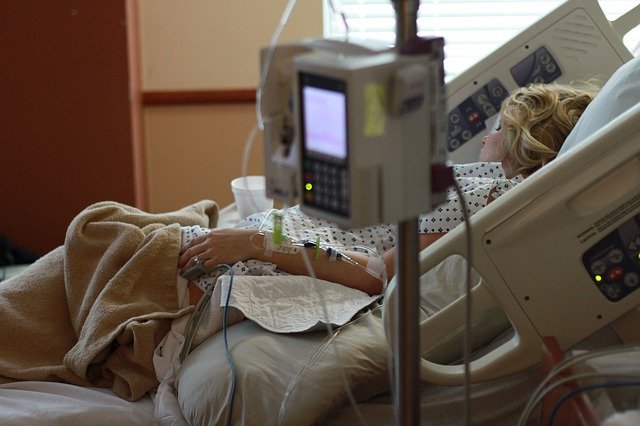
Three Common Signs of Medical Malpractice
Receiving medical treatment means you hope to get better, not worse. Unfortunately, medical negligence can lead to much more severe problems than the original condition and even death. Medical malpractice may be more common than you think. A 2017 survey of more than 4,000 physicians across more than 25 specialties found 55 percent of physicians have been named in a medical malpractice lawsuit. If you or a loved one has experienced severe medical injury or died due to a negligent medical procedure, you may have a medical malpractice claim to pursue. In this article, we share with you some common signs of medical malpractice to be aware of.
Poor Care
Unfortunately, some factors can lead to under-staffing, such as overworked staff working under drained conditions, lack of staffing, and stressful environments that increase the risk of error. You may be treated in a facility where the staff is not treated appropriately. It could lead to a team working with more people than they can provide adequate care. Neglect could lead to inappropriate treatment. Excessive fatigue could lead to fatal errors. Suppose you are in a medical situation, such as a hospitalization, where staff did not respond to you after needing help or made mistakes that caused you harm. In that case, this could be possible medical malpractice.
Late Diagnosis
Improper Testing
An essential part of correctly identifying the best treatment recommendations is performing appropriate testing, for example, blood tests or imaging studies. Improper testing may take the following medical malpractice forms like incorrect assessment is treated and ordered; reciprocal testing based on recorded symptoms not ordered, and further testing not based on the initial results. Administering the appropriate test to the perfect person at the right time ensures that the most accurate results can be obtained. Any error in the process may constitute medical malpractice.
